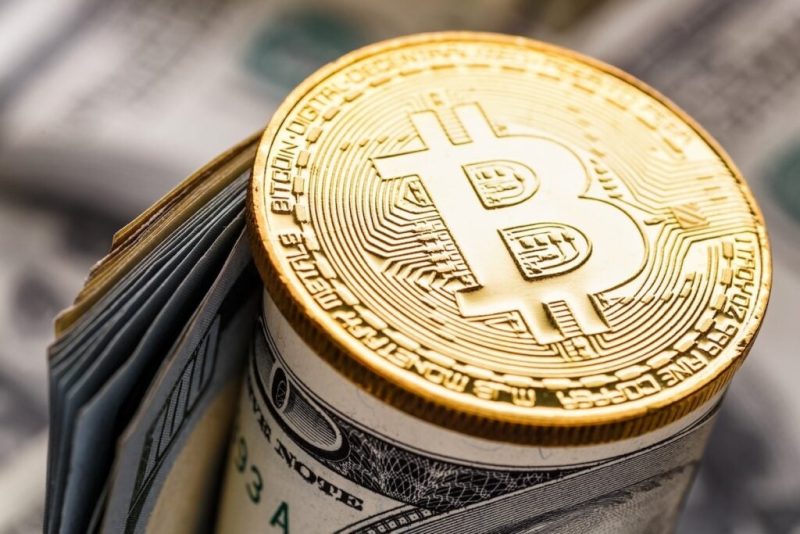
Max Keiser, a prominent Bitcoin maximalist, recently asserted that American politicians fundamentally misunderstand Bitcoin’s potential. He believes that they are incapable of envisioning a world where Bitcoin and the US dollar can coexist peacefully. Instead, Keiser argues, they see Bitcoin as an existential threat to the dollar’s dominance as the global reserve currency.
This perspective stems from the inherent nature of Bitcoin’s decentralized, censorship-resistant design. Unlike fiat currencies controlled by central banks and governments, Bitcoin operates independently, free from political manipulation. This inherent freedom is what, according to Keiser, makes it a direct challenge to the established financial order.
The belief that Bitcoin can’t coexist peacefully with the dollar highlights a deeper misunderstanding of the cryptocurrency’s potential. Many see Bitcoin not as a replacement for the dollar in all aspects, but as a complementary asset, offering diversification and a hedge against inflation and potential currency devaluation. The argument that it must be one or the other ignores the possibility of a multi-currency world.
Keiser’s perspective, while provocative, underscores a significant tension between the established financial system and the emerging decentralized crypto space. The future will likely involve a complex interplay between these two forces, with the exact outcome remaining uncertain. The political response to Bitcoin’s rise will be a crucial factor in shaping this future, and the current skepticism expressed by many US politicians suggests a path of potential conflict rather than cooperation.
Ultimately, the long-term relationship between Bitcoin and the US dollar, and indeed the global financial system, remains a compelling and evolving story. Whether it will be one of peaceful coexistence or a more confrontational power struggle is yet to be seen. The coming years will undoubtedly provide further clarity on this crucial issue.










